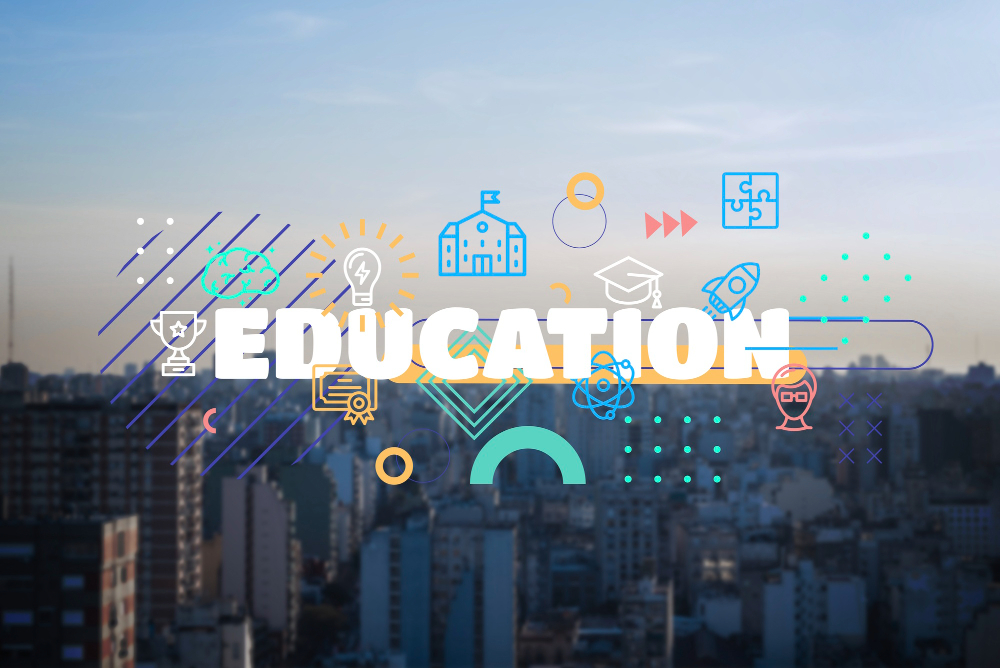Introduction:
In the realm of education, Special Educational Needs (SEN) courses play a crucial role in catering to diverse learning needs. These courses are designed to support individuals with a range of disabilities or learning difficulties, ensuring they receive the necessary education and assistance to thrive. In this article, we'll delve into what SEN courses entail and explore their evolving significance in the educational landscape.
What are SEN Courses?
SEN courses encompass a variety of educational programs tailored to address the specific needs of individuals with disabilities or learning challenges. These courses may focus on areas such as autism spectrum disorders, dyslexia, ADHD, sensory impairments, and other developmental disabilities. They aim to provide specialized teaching methods, resources, and support to help students overcome barriers to learning and achieve their full potential.
Importance of SEN Courses:
The importance of SEN courses cannot be overstated in fostering inclusivity and accessibility in education. By offering targeted interventions and personalized support, these courses empower students with diverse learning needs to participate fully in educational experiences. They promote equity by ensuring that every individual, regardless of their abilities or challenges, has the opportunity to learn and succeed.
Future Positions of SEN Courses:
As we look ahead, the future of SEN courses appears promising, driven by several key factors:
Increasing Awareness and Advocacy:
Growing awareness and advocacy efforts surrounding special educational needs have propelled the demand for SEN courses. With greater recognition of diverse learning profiles and the importance of inclusive education, there is a heightened emphasis on equipping educators with the skills and knowledge to support all students effectively.
Technological Advancements:
Advancements in technology have opened up new possibilities for delivering SEN courses. From specialized learning software to assistive devices, technology offers innovative solutions to enhance accessibility and facilitate learning for individuals with disabilities. The integration of digital tools and resources into SEN courses can further enrich the learning experience and cater to diverse learning styles.
Policy and Legislative Support:
Governments and educational authorities worldwide are increasingly prioritizing inclusive education policies and legislation. This includes provisions for adequate support and resources for students with special educational needs. As such, there is a growing mandate for educational institutions to offer comprehensive SEN courses and services to meet regulatory requirements and uphold principles of equity and inclusion.
Career Opportunities:
The demand for professionals trained in special educational needs is on the rise. Qualified SEN educators, therapists, and specialists are essential for implementing effective interventions and supporting students with diverse needs. As awareness of SEN issues continues to grow, career opportunities in this field are expected to expand, offering rewarding prospects for individuals passionate about making a difference in the lives of others.
Quality Assurance through CPD QS Accreditation:
CPD QS accreditation serves as an assurance of quality for SEN courses. By evaluating course content, teaching methodologies, and learner outcomes, CPD QS ensures that accredited courses meet predetermined quality benchmarks. This quality assurance process helps maintain consistency and integrity in SEN education, enhancing trust and confidence among educators and learners alike.
Accreditation from CPD QS is instrumental in shaping the future of SEN courses by promoting quality assurance, continuous improvement, and adherence to inclusive education principles. Through rigorous evaluation and support, CPD QS accreditation ensures that SEN courses meet established quality standards and contribute to positive outcomes for educators and students alike. As the educational landscape evolves, CPD QS accreditation remains a cornerstone of excellence in SEN education, driving innovation and improvement to meet the diverse needs of learners.

.png)

.png)


.jpg)



